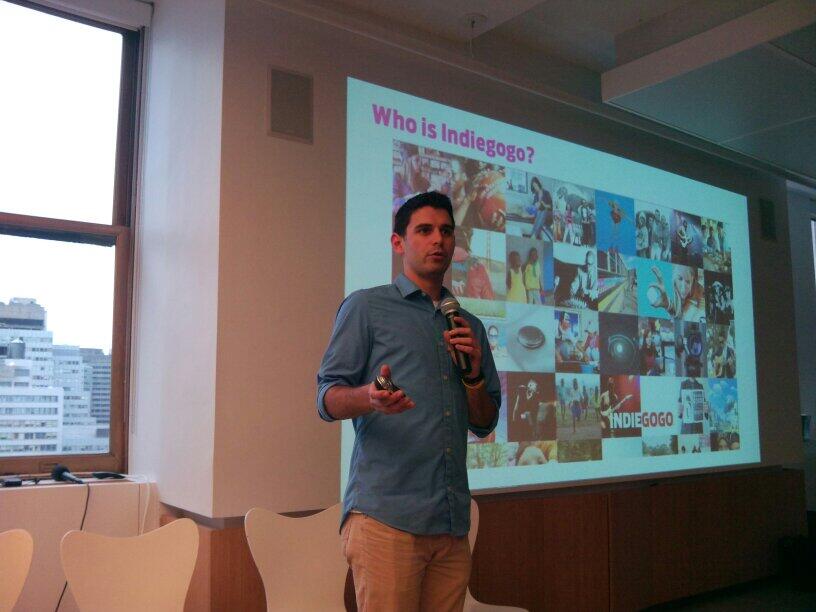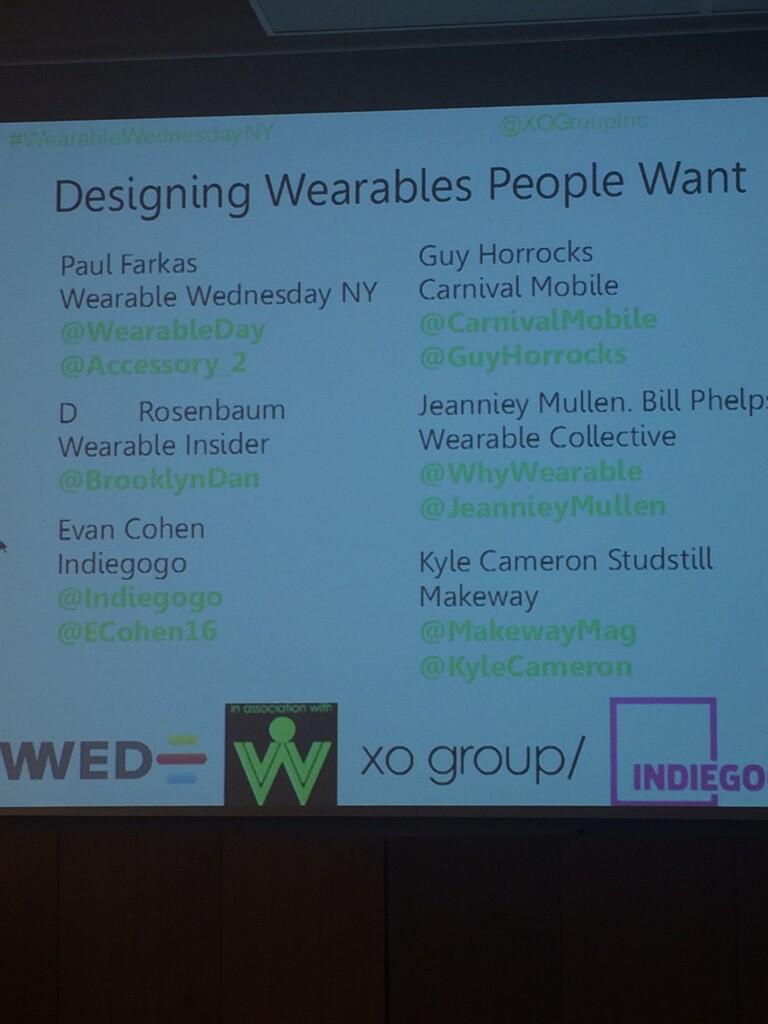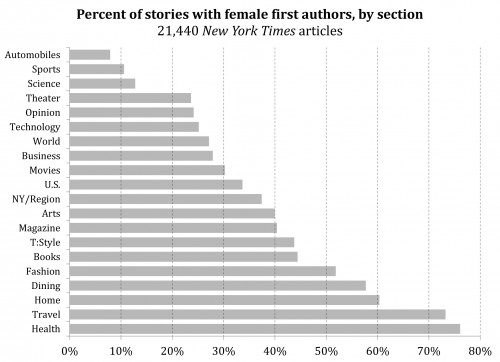"Of course, the richest Americans have always used their fortunes to try to tilt the nation’s political landscape to their liking. The robber barons spent unknown millions financing William McKinley’s 1896 presidential election. Insurance magnate W. Clement Stone invested $4.8 million helping Richard Nixon win the White House—twice. And billionaire currency trader George Soros spent $27 million trying to elect John Kerry in 2004.Having tracked the flow of money into politics as a reporter for more than a dozen years, I’d heard plenty of hyperbolic predictions from self-styled reformers like Obama. From their perspective, the latest developments in campaign finance law always seemed to be threatening the very fabric of American democracy by empowering rich donors or special interests. Mostly, though, the system self-corrected as Congress, regulators, or judges closed down loopholes, and democracy survived.But this time I saw that the cresting wave of big money powered by the Citizens United decision was truly altering the very character of American politics. Sure, there were still potential marginal changes that could come from lawsuits, court rulings, bills and regulatory processes that were pending even as this book was going to press. But Obama’s judgment was sound: A new political reality was here to stay." (Politico)
"I was going down to Michael’s to lunch with Tomas Maier, the Creative Director of Bottega Veneta and his partner Andrew Preston, and Ellin Saltzman, the intrepid fashion reporter who covers the Fashion Weeks for NYSD. Ellin was carrying a large handbag that Tomas designed about 12 or 14 years ago for Bottega. One of those Bottega bags with the leather weave. Black. Beautiful, and as fresh looking as if it were new ... The Kardashians are perhaps the most realistic description of 'society' today in America, and maybe in the world. Looking at the party arriving at the Chateau of the Sun King, the same Chateau from which Queen Marie-Antoinette and King Louis XVI were seized by the crowd who arrived there on that fateful day in October 1789, having trekked the fifteen miles from Paris on foot in the rain and the mud, with pitchforks and other sundry would-be weapons in October 1789; and now seeing Kim and Kanye arriving with the 21st century version of 'royal' – albeit proletarian – flourish at this world monument to kingly extravagance, vanity and excess, this is history too, post-modern though it may be. You had to be there (in my head). All this from a passing phrase at table, at Michael’s. Meanwhile, back at Wednesday night. I gone to Michael’s to lunch on that day also. The Wednesday lunch with its roster of Michael’s celebrities and bankers and agents and media barkers. I had lunch with Jesse Kornbluth who is wrapping up (or has by now) his serial on rich kids from the Upper East Side in The New York Observer." (NYSD)
"For almost a quarter of a century, or most of his career, one pundit or another called Andrew Sullivan the future of journalism. Twenty-three years ago, when he was appointed editor of the New Republic at age 28—a Brit, no less—the Washington Post noted that 'there’s a heap of future in Sullivan’s life, and not much past.' In 2009, after more than a week in which his blog curated the best global coverage of the Iranian 'green revolution' pretty much nonstop, the Week magazine declared, 'The future belongs to Andrew Sullivan.' Two years later, Tina Brown acquired Sullivan’s blog for the Daily Beast and extolled his 'trailblazing journalism,' writing: 'Andrew almost single-handedly defined the political blog and has been refining it as a form of journalism in real time nearly every day for the past decade.' On a recent afternoon, the subject of all this praise—a writer-slash-thinker who has sojourned at virtually every major publication on the East Coast—is sitting in the window of the Duplex Diner in DC’s Adams Morgan, alternating sips of Jägermeister and Coke, hacking phlegm into a napkin (he has terrible asthma—sorry), and ogling a good-looking chef in a blue-and-white striped apron. Sullivan is 50 now. After an openly miserable 18 months in New York that began while he was at the Beast, he’s back in Washington permanently—and thinking hard about the present. Which at this moment includes a continuous parade of hot male specimens passing by outside. 'I love home, and this is it,' he says, bearded and scruffy in a gray T-shirt but looking around with the air of a Victorian landowner surveying his acreage. 'At some point in your life, I think you accept that and you think, I’ll be happy to die here. Lucky to die here. Lucky.' The weight of the attention that was lavished on Sullivan’s future is ironic, mostly because 20 years ago he didn’t think he had one." (Washingtonian)
Mayor Bill de Blasio. (Photo: Paula Duran)
"If anybody needed a crash course on who’s who in New York politics, there was no better place to be than at Basil Paterson’s memorial service at the imposing Riverside Church on Thursday evening.
As the sun set on a chilly spring day, a first lady, two governors, two mayors, a congressman and the state attorney general, among other elites, paid tribute to Basil Paterson, the Harlem power broker and father of former Gov. David Paterson. Mr. Paterson’s life was a hallmark of Manhattan politics in more ways than one. He was a state senator, deputy mayor to Ed Koch, New York’s first black secretary of state, an influential lawyer and a recognized labor negotiator. As one of Harlem’s Gang of Four–the other three were former Mayor David Dinkins, Manhattan Borough President and 1977 mayoral candidate Percy Sutton and the still-serving Congressman Charlie Rangel–Mr. Paterson was a mover and shaker in the city’s political life. Gov. Andrew Cuomo reminisced about his relationship with Mr. Paterson and his son, David, whom he recently appointed as chair of the State Democratic Party. 'I am essentially a contemporary of David Paterson and we grew up together, basically, and remarkably our fathers were very, very similar in many ways. And our situations were very similar in many ways,' Mr. Cuomo, the son of three-term Gov. Mario Cuomo, said. 'David and I would talk about the big shoes that we had to fill. And our fathers, who were growing before us, the good and the bad of being the son of Mario Cuomo and the son of Basil Paterson, the challenges and the opportunities.'Mr. Cuomo also spoke about the significance of Mr. Paterson’s political legacy. 'I learned so much just watching Basil Paterson and the example that he set. He taught us the original lesson of coalition politics with the Gang of Four, supporting each other, being there for each other. They had eleven losses among them before winning their first race.' Mayor Bill de Blasio, who attended the service in the company of his wife Chirlane McCray, spoke next. He recalled that he was deferential towards Mr. Paterson, who he met when he worked in the Dinkins administration." (Observer)
"Last week something funny happened concerning a lady I once stepped out with. A book that had been sent to me by Knopf and which I had misplaced surfaced among the mess around my desk. Seven years later. It was the memoirs of Leo Lerman, a writer, critic, editor at Condé Nast, and man about town when going around the city was a glittering experience. Here’s his journal for February 25, 1984: 'Lee Radziwill rang Tina Brown, saying, ‘I can’t be on a magazine that has Taki on its staff.’ Alex Liberman instantly concluded that I had told Jackie the news of Taki in Vanity Fair, which has been told in newspapers, even on television.' Now for the life of me I can’t imagine what all this fuss was about. I used to make fun of Jackie Kennedy Onassis’s tendency to prefer very rich and powerful men, but I was always close to Lee, her younger sister. I had left Esquire after five years to join VF, then struggling badly with a Tina Brown at the head who didn’t yet know the difference between a Dickie Mortimer and a Mortimer Zuckerman. Lee trying to get me fired reminded me of my older brother, who tried something similar with a large advertiser at Esquire. Both attempts failed as they have since at the dear old Spectator." (Taki)
" Several years ago, as you may remember, some people tried to stop the development of a mosque a few blocks from the World Trade Center site. It was an emotional issue, and polls showed that two-thirds of Americans were against a mosque being built there. Even the Anti-Defamation League -- widely regarded as the country’s most ardent defender of religious freedom -- declared its opposition to the project.The opponents held rallies and demonstrations. They denounced the developers. And they demanded that city government stop its construction. That was their right -- and we protected their right to protest. But we refused to cave in to their demands. The idea that government would single out a particular religion and block its believers -- and only its believers -- from building a house of worship in a particular area is diametrically opposed to the moral principles that gave rise to our nation and the constitutional protections that have sustained it. Our union of 50 states rests on the union of two values: freedom and tolerance. And it is that union of values that the terrorists who attacked us found most threatening. To them, we were a God-less country. In fact, there is no country that protects the core of every faith and philosophy -- free will -- more than the United States.That protection, however, rests upon our constant vigilance. It is up to us to ensure that equality under the law means equality under the law for everyone. If you want the freedom to worship as you wish, to speak as you wish and to marry whom you wish, you must tolerate my freedom to do so -- or not do so -- as well. You may find my actions immoral or unjust, but attempting to restrict my freedoms, in ways that you would not restrict your own, leads only to injustice.Throughout history, those in authority have tried to repress ideas that threaten their power, their religion, their ideology or their re-election chances. That was true for Socrates and Galileo; it was true for Nelson Mandela and Vaclav Havel; and it has been true for Ai Weiwei, Pussy Riot and the kids who made the 'Happy' video in Iran.We cannot deny others the rights and privileges that we demand for ourselves; that is true in cities, and it is no less true at universities, where the forces of repression appear to be stronger now than they have been since the 1950s.There is an idea floating around college campuses -- including here at Harvard -- that scholars should be funded only if their work conforms to a particular view of justice. There’s a word for that idea: censorship. And it is just a modern-day form of McCarthyism." (Michael Bloomberg)
Jane Hartley (third from left) is seen here with her husband, Ralph Schlosstein (left), Catherine Farley (second from left), and Jerry Speyer (right).
"President Obama is expected to finally name a new envoy to France when he lands in Normandy for the 70th anniversary of D-Day on June 6 — and a well-placed insider confirms it will be a woman. A second source says that recent gossip is correct and Madame Ambassador will indeed be Jane Hartley, the pretty, blond co-founder of the economic/political Observatory Group consultancy who raised more than $500,000 for Obama’s 2012 re-election race. She also contributed to the war chests of Harry Reid, Chuck Schumer, Elizabeth Warren and Cory Booker.In March 2012, Hartley and her husband, Evercore Partners CEO Ralph Schlosstein, co-hosted a $35,800-a-head fund-raiser for Obama at their Park Avenue spread. The choice position in Paris has been vacant since much-loved Ambassador Charles Rivkin returned to the US early last year; he now serves as assistant secretary of state for economic and business affairs. Obama’s first choice, New York-based hedge fund billionaire Marc Lasry, withdrew his name a year ago after a member of the regular high-stakes poker game he frequented was charged in a mob gambling ring. The chattering class in Paris was abuzz after a well-placed government source recently leaked that the new ambassador is a 'she.' Some hoped it would be Caroline Kennedy, whose mother, Jacqueline, was so well-received there in 1961 that JFK quipped, 'I’m the man who accompanied Jacqueline Kennedy to Paris.'
Others thrilled to the idea of Anna Wintour, but the fashion oracle turned it down because she has a more powerful post running Condé Nast ... Ambassadors are expected to entertain lavishly and supply the Champagne with their own money. Not a problem for Hartley." (Richard Johnson)





